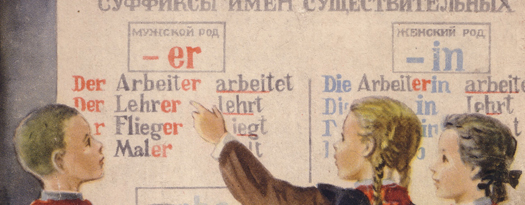Empower European Universities
Conference
University Policy for Strengthening Competitiveness and Social Cohesion:
Grading National University Policy.
Maastricht, 22 – 23 November 2011
FIRST DAY:
November 22, 2011
Morning: Arrival
12.30
Lunch and registration
13.30Introductory session
Xavier Prats Monné, European Commission, Deputy Director General for Education, Training, Culture and Youth, “European Universities can and should do better, when empowered”, discussing the goals and means of the recent (September 2011) Communication of the European Commission on Higher Education, and the Related Program (November 2011). How is this communication going to be implemented? What role can stakeholders and NGO’s like EEU play? Does the EEU Framework fit the Communication?
Jos Engelen, President Netherlands Science Foundation “Scientific insights should guide Government policy, also in Higher Education”
14.30
– Reflections on presentations by Xavier Prats Monné and Jos Engelen from Peter Gaehtgens, Yehuda Elkana, Tessa Blackstone
– General discussion
15.00
Jürgen Enders, director CHEPS, “The framework as a living document” presenting the framework and discussing its scientific foundations.
15.30
– Reflections on this presentation by John Panaretos, Eduardo Grilo, Wilhelm Krüll
– General discussion
16.00
Tea/coffee break
16.30
Jo Ritzen, Chair, Empower European Universities, “The process of evaluating university policy by EEU”, on the different steps, with the June 22/23, 2012 EEU Conference as the establishment of the first Europe wide evaluation, through the network of correspondents in the EU Member States.
– Reflections on this presentation by network members: Attila Pausits, Stelios Psarakis and Waldemar Siwinski
– General discussion
17.30
Drinks and Dinner
Dinner speech: José Gago, former minister Portugal and one of the originators of the Lisbon agreement, “How to bring the EU as a Knowledge Union about”, reflecting on the the way we can ward of the dangers of falling apart in the EU and instead become stronger in competiveness and social cohesion by more actively working together.
– Reflections on presentation by José Gago by Jack Grove, Lesley Wilson, Werner Eichhorst
– General discussion
20.30
Closure for the first day
SECOND DAY:
November 23, 2011
09.00
Debra Stewart, President of the Council for Graduate Studies, “A US perspective: how are US universities empowered?”
09.30
– Reflections on presentation by Debra Stewart, Holger Bürckhart, Thomas Estermann, Frans van Vught
– General discussion
10.00
“Participants discuss the framework in rotating parallel sessions along the dimensions of autonomy, enabling and international openness” organized and introduced by Frank Ziegele, with Silvia Floria, Fiona Hunter, Seppo
Holtta, Pedro Texeira, Alberto Amaral (corresponding members) and Amanda Goodall
11.30
Coffee break
12.00
Lauritz Holm-Nielsen, Rector Aarhus University, “How does the framework play out for an individual university”
12.30
– Reflections on presentation by Lauritz Holm-Nielsen by Jan de Groof, Martin Paul, Michael Nettles
-General discussion
13.00
Lunch
14.00
Luc Soete, Director of UNU/MERIT, “Empower European Universities, through an EU Government Program”, The EU citizen could profit in terms of sustainable economic growth and social cohesion by a common, EU wide policy on public research, innovation and higher education. An EU Government Program could entail measures to promote such a common EU wide knowledge policy, with some major dilemmas around the subsidiarity question and the related deconcentration in the implementation of a common policy. More over it is a matter of conceiving the transition from knowledge strategies which are
mostly country specific with the idiosyncrasies of overlap and insufficient adjustment to the globalization of knowledge towards a common policy.
In this presentation we first show some evidence on the potential gains from a common knowledge policy. Subsequently we delineate an number of policy steps which could be taken in the period 2014-2020 in order to bring about an irreversible push towards a common EU knowledge policy, with European wide competition for public research funds and European wide competition between universities.
We reflect on the potential benefits from such steps.
14.30
– Reflections on presentation by Luc Soete by Luigi Berlinguer, Anne Corbett, Erna Hennicot-Schoepges
– General discussion
15.00
Summary by Frank Ziegele and Jürgen Enders, supported by Gabriele Marconi.
16.00
Closure
19.00
Festive dinner for those who want to stay behind
Conference website




